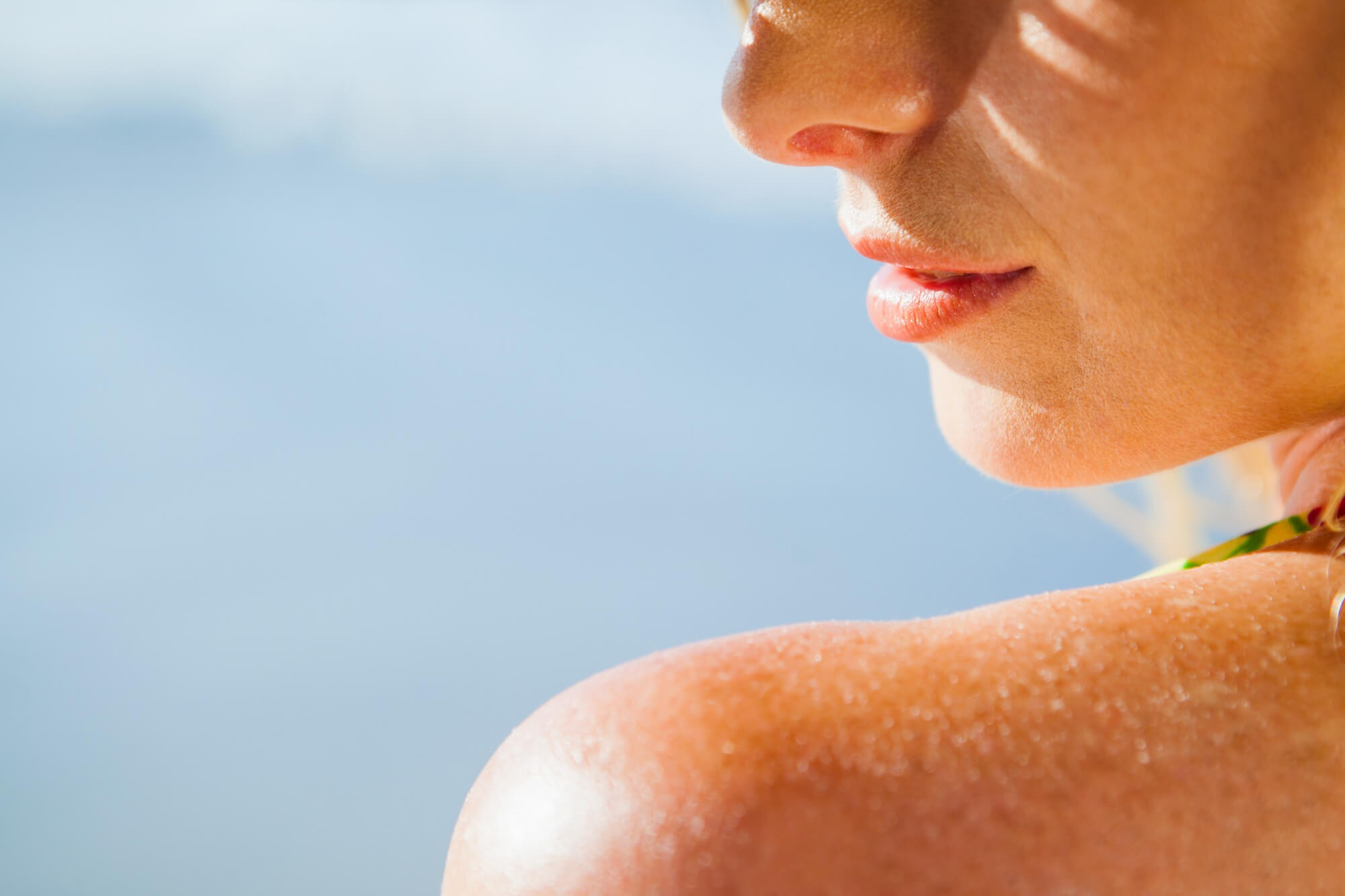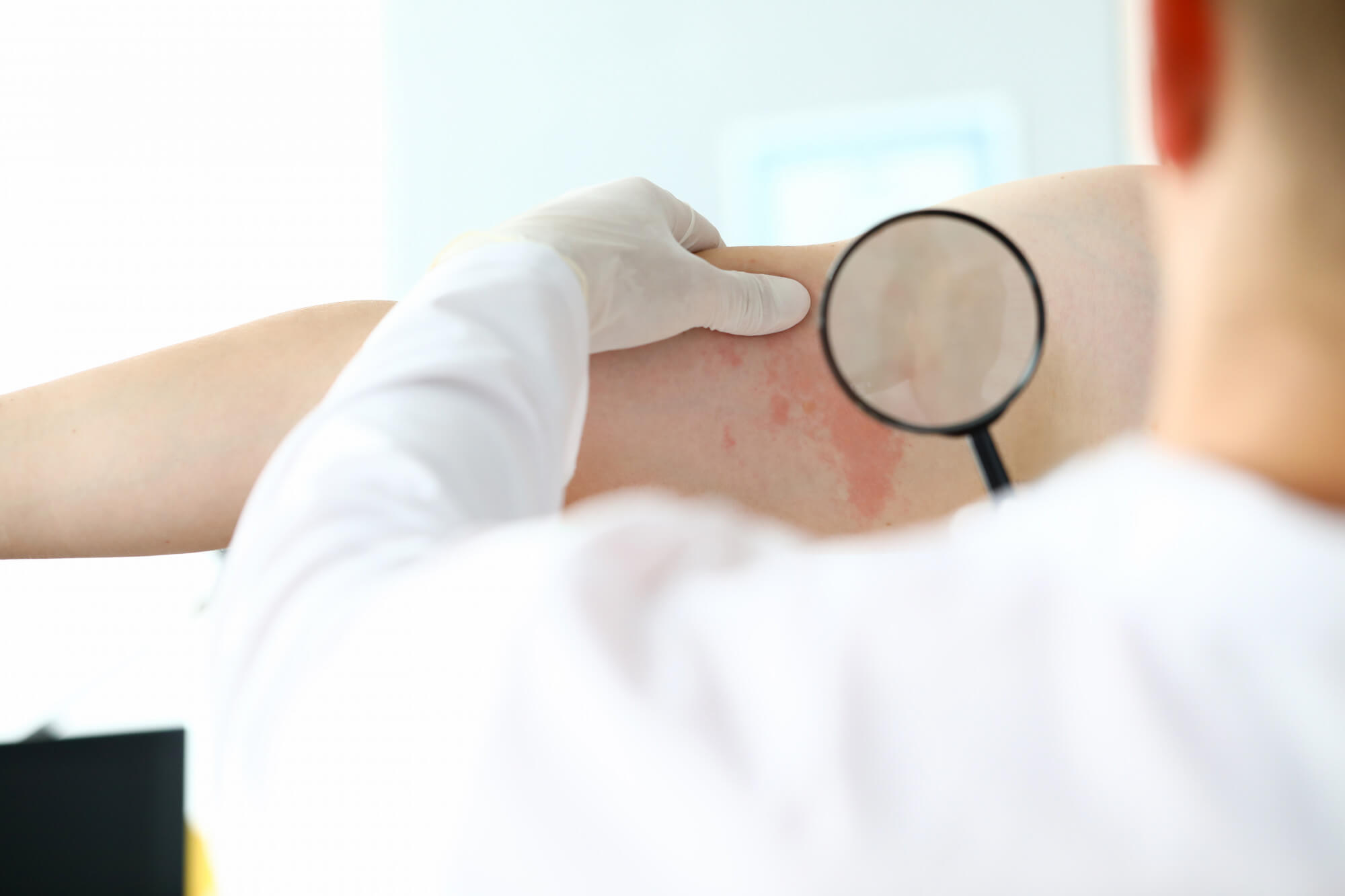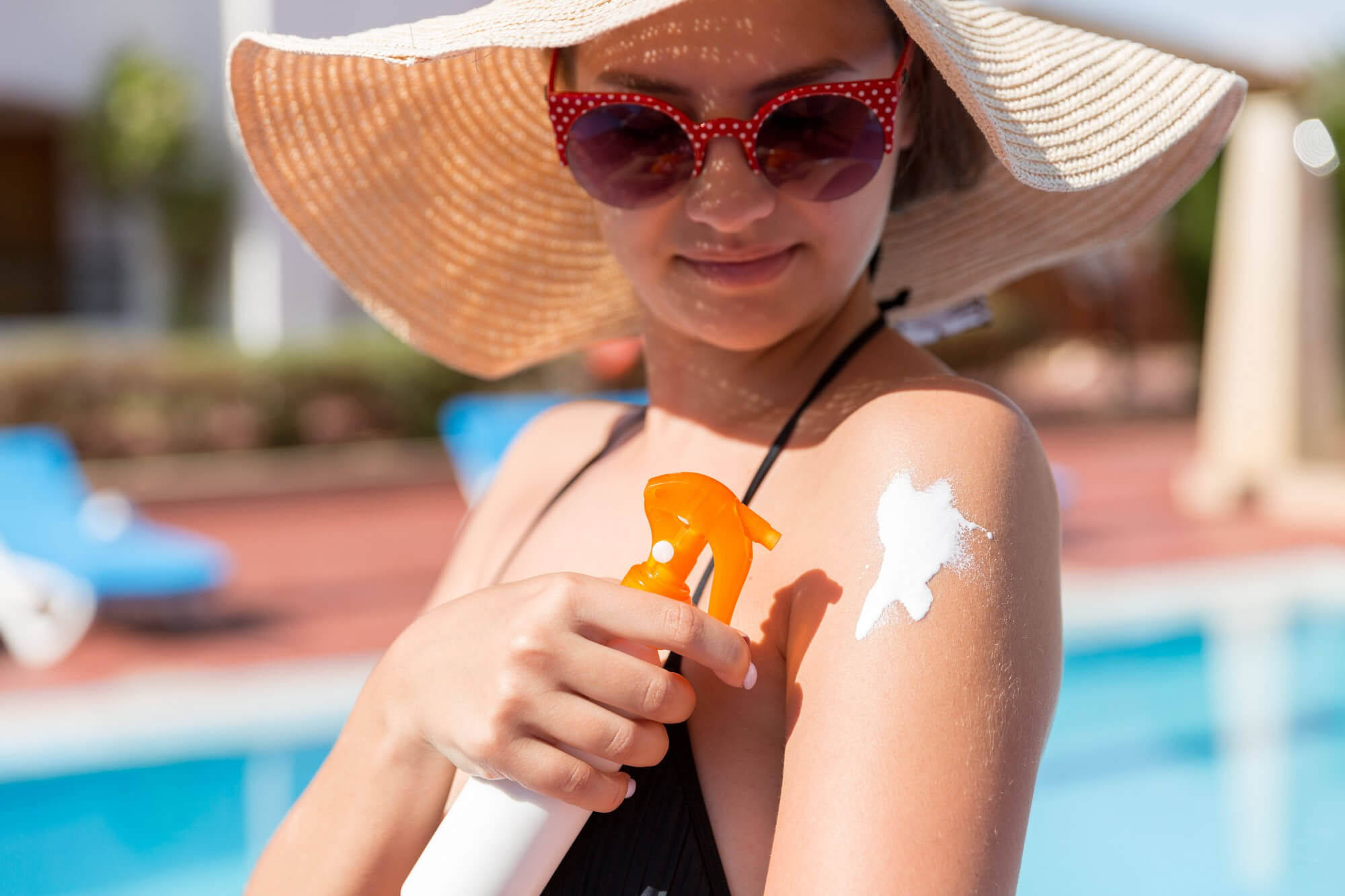How to overcome sun allergy?


Eva Zakharova
What is sun allergy?
Sun allergy (photodermatitis) is an allergic reaction that occurs due to the exposure of sunlight on the skin. As a result of ultraviolet radiation, various symptoms such as rash, redness, and itching may occur.
Causes of sun allergy
There are several reasons for the development of sun allergy.
- First, it is the direct exposure of ultraviolet rays to the skin, which can cause damage to skin cells and an allergic reaction.
- Second, it is the interaction of sunlight with substances on the skin, such as cosmetics, medications, and perfumes.
- Thirdly, some people have a genetic predisposition to the development of sun allergy.
Types of sun allergy
There are different types of sun allergy, such as solar urticaria, solar eczema, phototoxic and photoallergic reactions. Each type has its own characteristics of manifestation and treatment.
Risk factors
Risk factors for the development of sun allergy include fair skin, having relatives with sun allergy, predisposition to allergies, the use of photosensitive substances, and certain diseases, such as systemic lupus erythematosus or psoriasis.
Sun allergy symptoms

Sun allergy symptoms can vary, but often include rash, itching, redness, swelling, and tingling of the skin. The rash can range from mild red spots to blisters and swelling. Symptoms often intensify after sun exposure and can be localized to specific areas of the skin, such as the face, hands, legs, and chest.
Symptoms of different types of sun allergy
Depending on the type of sun allergy, symptoms may vary. For example, with solar urticaria, the rash appears as red spots and blisters resembling insect bites. Solar eczema manifests itself with more intense redness, itching, and swelling. Phototoxic and photoallergic reactions can cause hyperpigmentation, peeling, and even ulcers on the skin.
Sun allergy diagnosis

If you suspect a sun allergy, it is recommended to consult an allergist or dermatologist. The specialist will conduct an examination, assess the symptoms, and suggest appropriate diagnostic methods.
Tests and analyses
Various tests and analyses may be prescribed to clarify the diagnosis, such as a complete blood count, determination of immunoglobulin E levels, photo testing, and sun allergy tests.
Allergy treatment

Antihistamines, such as cetirizine, loratadine, or fexofenadine, may be prescribed for sun allergy treatment to help reduce itching, redness, and swelling. In some cases, the doctor may prescribe corticosteroid medications to alleviate severe inflammation.
Topical treatment
For local treatment of sun allergy, ointments and creams with antihistamine, anti-inflammatory, and healing components are used. Effective ointments include hydrocortisone, Fenistil gel, and Dermatop.
Phototherapy
Phototherapy is a treatment method that involves gradually acclimating the skin to sunlight under a doctor's supervision. This can help reduce skin sensitivity to ultraviolet light and lower the likelihood of developing a sun allergy.
Sun allergy prevention

To prevent sun allergy, use sunscreens with a high SPF level, wear wide-brimmed hats that cover the face, and wear clothing made of natural fabrics that cover the arms and legs. Try to avoid sun exposure during peak sunlight hours (from 11:00 to 16:00).
For the prevention of sun allergy, it is important to maintain immunity and timely treat any emerging diseases.
Rational nutrition
Proper nutrition, rich in antioxidants such as vitamins C, E, A, and selenium, can help protect the skin from the harmful effects of ultraviolet rays and reduce the likelihood of sun allergy.
Skin care features for sun allergy
When choosing sunscreens, pay attention to their composition and the degree of protection against ultraviolet rays. It is preferable to use creams and lotions with physical filters, such as zinc oxide or titanium dioxide, which reflect sunlight and provide reliable protection for sensitive skin.
1. Moisturizing and nourishing creams and masks help maintain skin health and strengthen its protective functions. Use creams with aloe vera, panthenol, or hyaluronic acid for hydration and soothing irritated skin.
2. After being in the sun, use special after-sun products that moisturize, nourish, and soothe the skin. These products help reduce the likelihood of developing sun allergy and accelerate skin recovery after sun exposure.
Sun allergy in children

Sun allergy in children can manifest more vividly and quickly since their skin is thinner and more sensitive. Symptoms may include rash, itching, redness, and swelling, especially on exposed areas of the body.
Treatment and prevention of sun allergy in children
Treatment of sun allergy in children should be carried out under the supervision of a doctor who will select appropriate medications and topical products. Prevention includes the use of children's sunscreens with high protection levels, wearing hats, covering clothing, and avoiding direct sunlight during peak solar activity.
Sun allergy is a common condition that can manifest with various symptoms such as rash, itching, redness, and swelling. It is essential to consult a doctor promptly for diagnosis and appropriate treatment.
Prevention of sun allergy includes protecting the skin from sunlight, strengthening immunity, and maintaining a balanced diet. Special attention should be given to skincare, using sunscreens, moisturizing creams and masks, and after-sun products.
It is especially important for children to provide proper sun protection and monitor the condition of their skin. If you suspect a sun allergy in your child, be sure to consult a doctor.
In addition to medical treatments and preventive measures, you can also use folk remedies to alleviate the symptoms of sun allergy. It is important to remember that self-treatment can be dangerous, and any measures should be taken with caution and agreed upon with a doctor. Take care of your skin and stay healthy!
New materials
Popular Articles
We recommend reading
Contact us in the Contact Us section to ask questions, offer ideas, or for more information about our allergy resource.
Our articles are your trusted source of allergy knowledge. Learn how to make life with allergic reactions easier on our specialized portal.
©
Lechenie-Allergii.com. All rights reserved.
© Lechenie-Allergii.com. All rights reserved.
The information on this site is for informational purposes only and is not a substitute for professional medical advice. We recommend consulting with qualified medical professionals for accurate information and advice.
 English
English  Українська
Українська  Русский
Русский 









